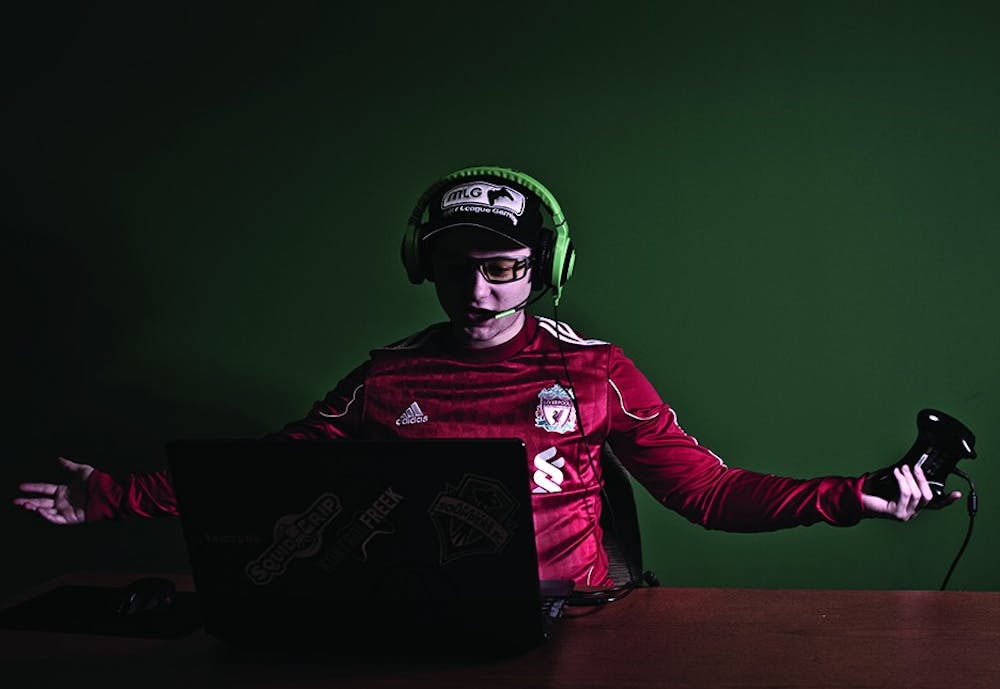Video games are embedded in American culture. They have existed since the 1940s. Video games distract children, men or women for hours at a time.
With video game graphics becoming more realistic every year it seems harder for people to distinguish the virtual world from reality.
The media like to associate violent outbreaks from misunderstood people to video games. Take the Virginia Tech shooting where twenty-three year old Seung-Hui Cho killed 32 people on the campus of Virginia Polytechnic Institute and State University campus in Blacksburg, Va., before taking his own life.
According to CNN, it was the deadliest shooting rampage in U.S. history. A Fox article, “Do violent video games boost Aggression?”, looked at a case study in Singapore that examined children ages eight to 17 who played violent video games.
The study concluded that there was an increase in aggressive behavior such as pushing, hitting and shoving three years later, compared to their previous behavioral patterns. The study tried to emphasize that video games depict violent acts that would make the person who was witnessing these acts as the gamer think more aggressive.
Most case studies struggle to connect behavior to violent video games and therefore the results are not conclusive.
Anderson added that overexposure to violent images found in computer games can lead to the view that violence is a normal way of life.
Anderson also said that parents should keep a close eye on their children’s media habits by observing potential harmful content and replacing it with pro-social content that promotes cooperation.
There are many different effects that happen when children or minors play video games.
Some teenagers can become addicted to only playing video games and becoming anti-social with people, it can make kids and teens want to help protect and save the people they love, or just become more aggressive.
In most cases people know wrong from right because of how they were raised.
Just about every child goes through a phase where they are disobedient and become deviant to an extent and it usually goes away once they understand the expectations of society and the life they potentially want to have.
Children are merely a reflection of their parents. They must be taught the differences between what their children might see on TV, the internet and video games vs. what they actually go through on a daily basis.
People must be able to take into consideration that you cannot believe everything you see visually — in this case the graphics and content on video games.



The Slate welcomes thoughtful discussion on all of our stories, but please keep comments civil and on-topic. Read our full guidelines here.